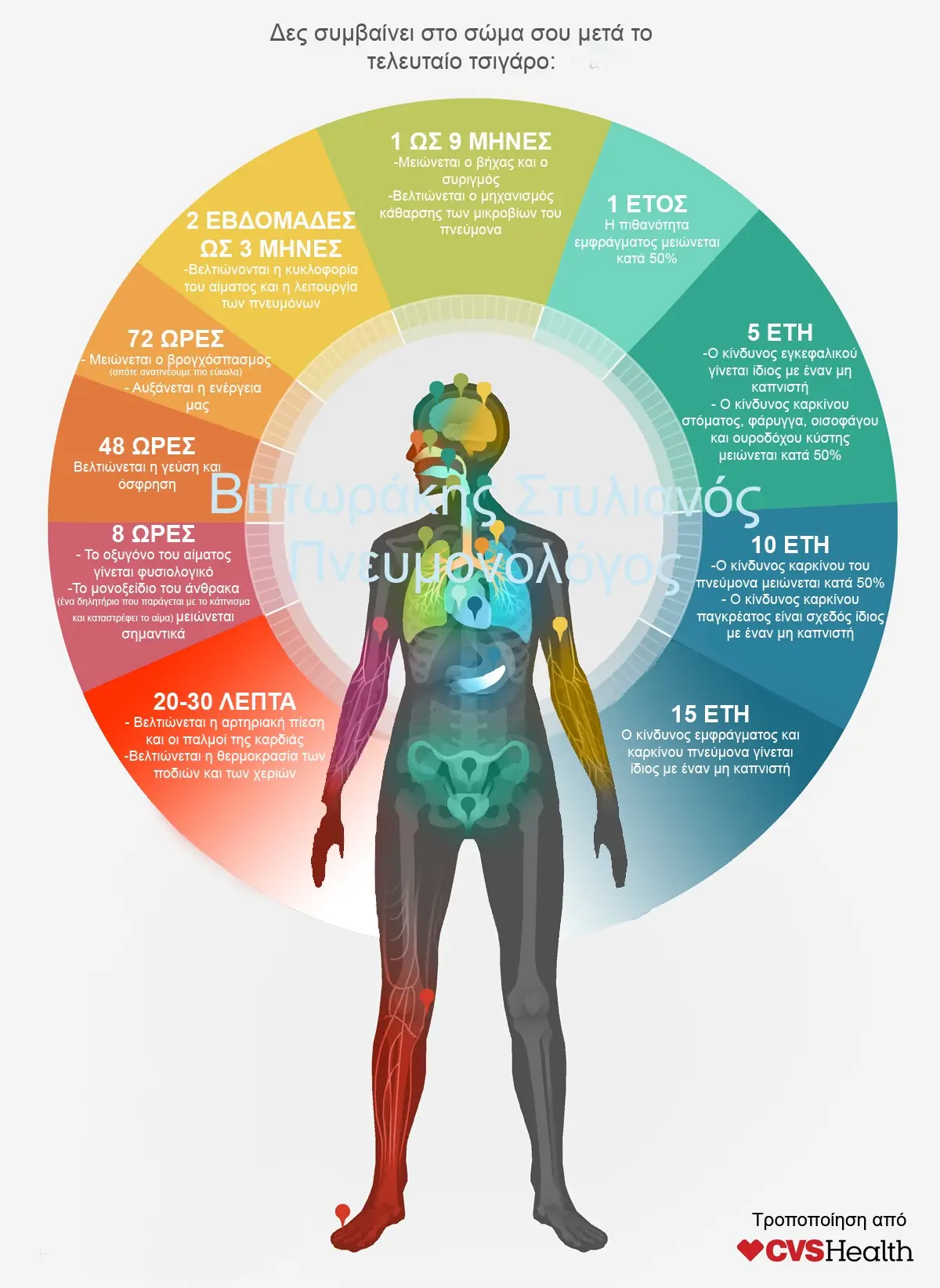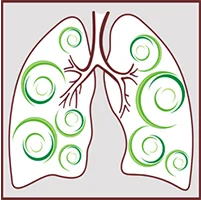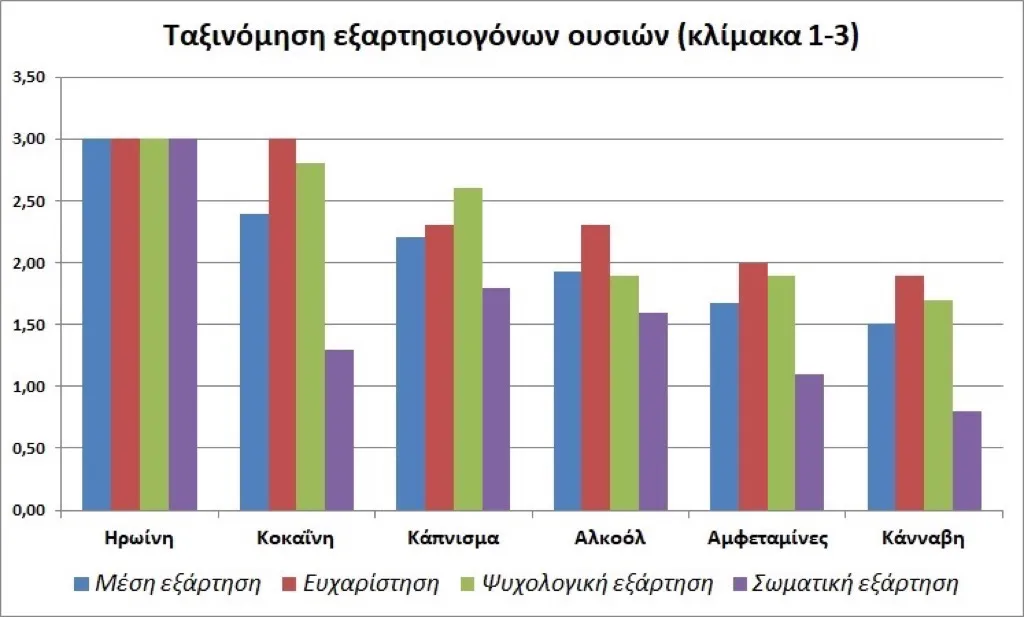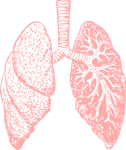Smoking Cessation Clinic
Dr. Vittorakis Stylianos, MD, PhD
Through personalised programmes and specialised counselling, we help patients cope with addiction and achieve a healthy and active life.
At Dr. Stylianos Vittorakis' Clinic, our goal is to improve the health and well-being of our patients by providing support and guidance throughout the smoking cessation process.

Smoking Cessation Clinic
The easy way to quit smoking which is proven to have helped smokers easily and painlessly become happy non-smokers.
Do you know that smoking is the number one preventable cause of death in the modern world?
That if we can eliminate it we will save more people a year compared to treating blood pressure, diabetes, cholesterol, etc. Every year more than 6 million people die from smoking worldwide and about 24 thousand Greeks. It is the cause of diseases that significantly reduce the quality of life.Customized Support for Healthy Living
*80% Success Rate in Smoking Cessation
The easiest place to quit smoking is with the help you will receive at a smoking cessation clinic. This is because it has been measured that less than 5 out of 100 people manage to quit smoking on their own, whereas in a smoking cessation clinic the rates are over 80%.
Over 80% success rate for those who choose a Stop Smoking Clinic to quit smoking!
What is the Smoking Cessation Clinic?
Leading the Way to a Tobacco-Free Life
We use the term smoking cessation clinic to describe the modern, researched and scientifically proven smoking cessation procedure that is carried out in private pulmonologists’ practices and in some hospitals.
The pulmonologists involved in smoking cessation have received special training during their residency and afterwards in special seminars regularly organised by the Hellenic and European Respiratory Society. This is because smoking is considered as another disease, since according to the World Health Organization it meets the diagnostic criteria of an addictive habit.

Cigarette addiction is obvious as the smoker has a strong craving and is unable to cut down on his or her use, rapidly developing withdrawal symptoms with each attempt.
Moreover, he or she needs to use more and more (developing tolerance) and smokes despite bans, restrictions and evidence of harmful health effects. Compared to other pleasures, smoking is a priority for the smoker and after each successful quit, relapse rates are high.
The fact that smoking is an addictive habit is due to only one of the 4000 harmful substances released during cigarette combustion: nicotine (Figure 2). Nicotine is a powerful addictive substance, similar to heroin and alcohol, as shown in the table below.
For these reasons, in our cessation clinics we use modern, scientifically studied and proven methods, and often use medications specifically for nicotine withdrawal. In other words, we treat smoking cessation in a scientifically sound and proven way, as we do for all diseases.
What is the procedure followed at the Smoking Cessation Clinic?
Visits Frequency & Results
Smoking is, as mentioned, a highly addictive habit. For this reason, quitting requires systematic effort.
With qualified staff and advanced methods, we offer comprehensive support and guidance to help you achieve your smoking cessation goals. Through individualized programs and specialized counseling, we help patients cope with addiction and achieve a healthy and active life. Our goal is to improve the health and well-being of our patients by providing support and guidance throughout the smoking cessation process.
Although the duration of a smoker’s follow-up in the clinic lasts a few months, the smoker stops smoking within the first few days! The typical schedule of visits to the smoking cessation clinic is shown below.
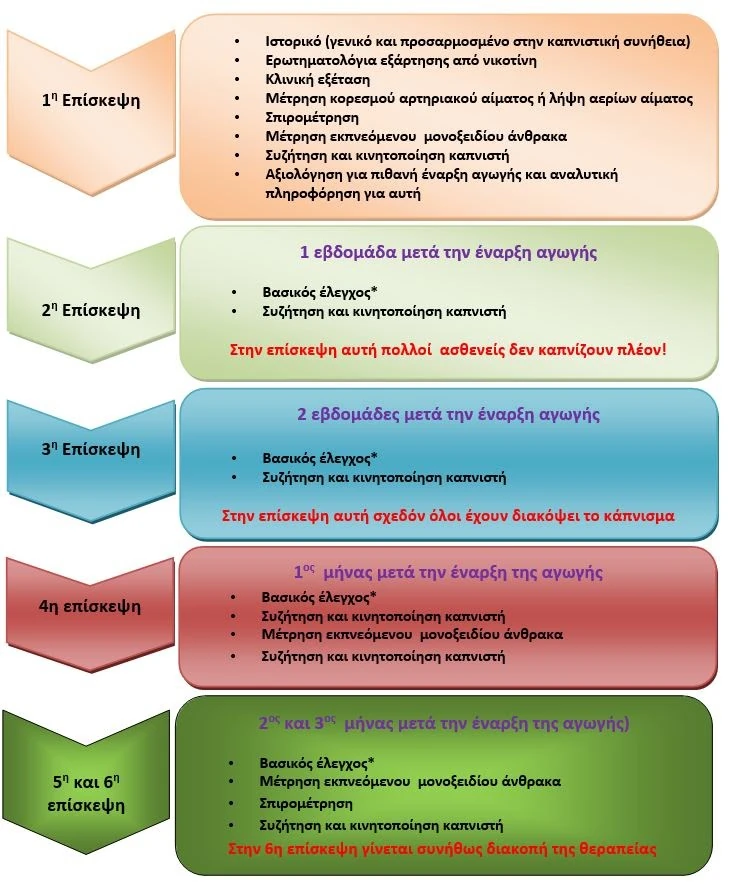
Customized Support for Healthy Living
From Figure 1, it can be seen that at each visit to the smoking cessation clinic, a basic check-up is done just as in all diseases treated by the pulmonologist.
In particular, the effectiveness and possible side effects of the treatment are assessed and appropriate adjustments are made when necessary.
In addition, the patient is examined clinically, his/her vital functions are measured (blood pressure, pulse control, arterial blood saturation), and at the beginning and end of the treatment special pulmonological tests such as spirometry and measurement of exhaled carbon monoxide are performed.
During treatment, the smoker is encouraged to communicate with the doctor about anything that concerns him/her, and after cessation of treatment, communication with the former smoker is maintained for at least one year.
During treatment and at intervals between visits, the doctor may contact the smoker by telephone to maximise the effectiveness of the programme. .
The reason for this “intensive” monitoring is mainly to prevent relapses, which are not uncommon in such an addictive habit, in good time.
Notice again in the diagram that practically everyone stops smoking in the first few days of treatment!
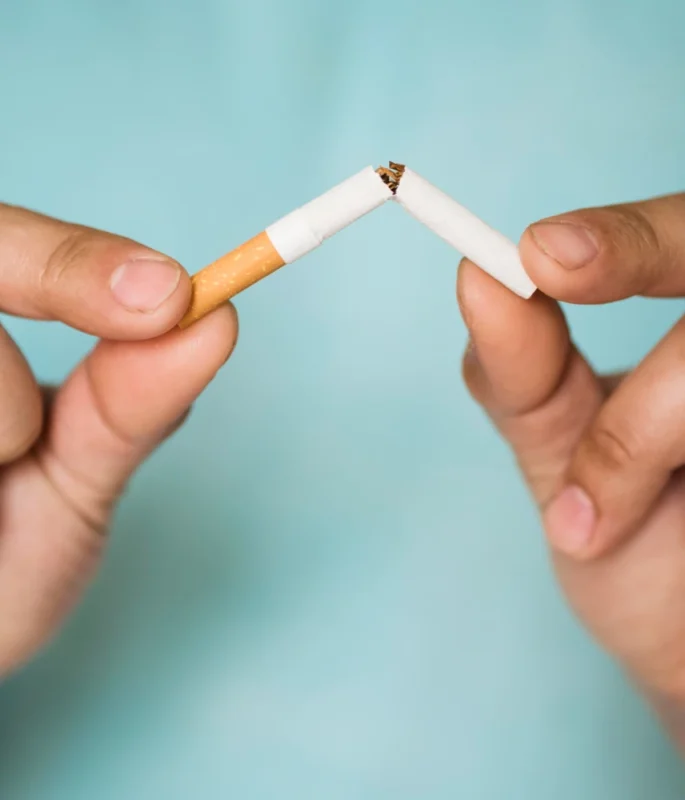
What tests are performed at the Smoking Cessation Clinic?
At the smoking cessation clinic we can easily and accurately:
- Measure the degree of nicotine dependence with specific questionnaires.
- Use a special machine to measure the build-up of carbon monoxide (CO) in your body and assess both your dependence and the significant ongoing risk you run by smoking.
- To determine the damage that smoking has caused to the lungs with simple spirometry and in more detail with the Full Functional Breathing Test available at the clinic.
- To calculate the age of your lung, to see how much it has aged prematurely due to smoking with spirometry.
- Measure the oxygen in the blood, painlessly by measuring arterial blood saturation or more specifically by measuring blood gases when needed.
Are there any medicines that can help me?
The smoker may be given some medication to stop smoking. The decision on treatment is made with the smoker at the first visit to the clinic after taking his/her medical history (general and smoking-adapted) and calculating the degree of nicotine dependence (questionnaires, CO, spirometry).
The administration of specific smoking cessation treatment reduces withdrawal symptoms and makes nicotine withdrawal a simple and extremely safe process.
The medication that may be administered is specific and tailored to the individual smoker and lasts for 2-3 months. The smoker should not be concerned about the possible administration of medication or be influenced by information he or she may find on the internet or in his or her immediate environment.
The medicines available for smoking cessation are extremely safe as long as they are administered in the same way as all medicines, i.e. under the guidance of a specialist, according to the indications and in the correct – often adjustable – dosage. Only then can maximum effectiveness be achieved without the risk of side effects. And don’t forget that by taking this shortcut, you can very quickly stop a harmful and long-lasting habit.
Nicotine substitutes.
Nicotine substitutes work by providing the body with nicotine instead of cigarettes and therefore significantly reduce withdrawal symptoms and the need to smoke. Of course they do not contain the other 4000 or so harmful substances in cigarettes.
Also the way they release nicotine and the levels they create are different from cigarettes, thus gradually leading to withdrawal. They come in the form of cigarette inhaler, gum, candy, nasal spray, and sticker-pack.
No one form is superior, but more often we use a combination of a patch and another form. This, and the dosage, will be decided by your pulmonologist.
Varenicline (Champix).
Varenicline acts on the brain and reduces withdrawal symptoms and the pleasure of nicotine, giving the smoker a feeling of satiety, that is, that they have already smoked. It is one of the most effective cessation medications.
In some smokers it can cause mild nausea and plausible dreams (as long as they take it) which are practically never a reason to quit as they subside over the days.
Bupropion.
Bupropion is a drug that helps to stop smoking, which has also been found to have mild antidepressant properties. It can also be taken in combination with nicotine substitutes.
It helps to maintain body weight during cessation. It may cause insomnia and should not be given to smokers under 18 years of age, those with a history of epilepsy and other conditions.
Other Smoking Cessation Methods
From medication to counselling and alternative therapies.
Quitting smoking is an important decision that can have a positive impact on a person’s health and well-being. However, this process can be challenging and requires careful preparation and support.
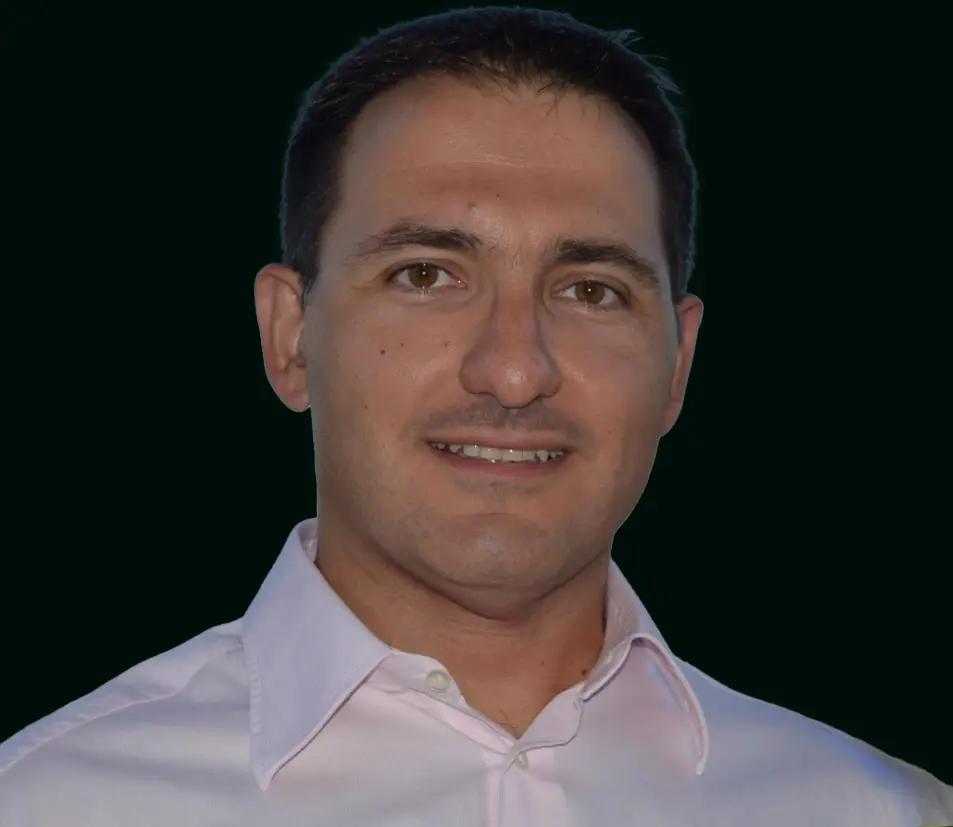
Electronic Cigarettes
In recent years they have been promoted for commercial reasons as safe substitutes for cigarettes and have even had a high penetration especially among young people. Their use should be avoided as they are marketed even though they are proven to be ineffective and there are now many studies proving their harmful effects.
For example, many e-cigarettes were found to release substances that were either carcinogenic (e.g. diethylene glycol in car antifreeze), or unexpected (aminotadalafil, rimonabant, cannabis, vodka), or finally contained nicotine at toxic levels.
Studies have also shown that they negatively affect lung function as measured by modern spirometers, and have recently been found to predispose to serious infections and complications (fluid in the lung – pleural effusion). Even if they are ever modified and made safe, with clear content and dosage, they should not be taken without monitoring.
After all, it is not right to replace one harmful habit and negative pattern with other potentially less harmful ones.
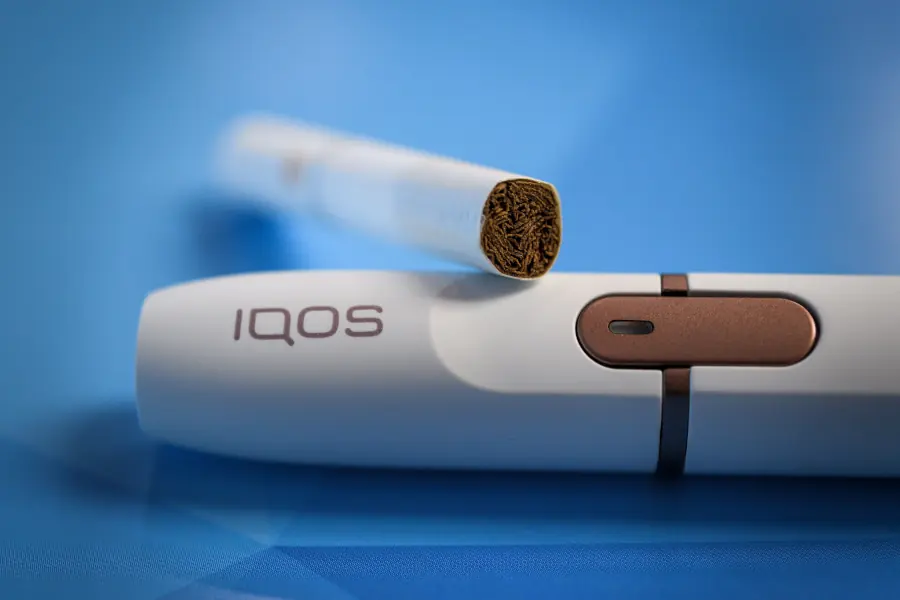
Acupuncture
Although studies have not proven its effectiveness, if you participate in a program, don’t smoke and feel that acupuncture helps you, it is not necessary to stop.
Besides, the “placebo” (placebo-psychological) effect of any method is welcome if it has positive results.
Similarly, there is absolutely no evidence that methods such as laser therapy, pressure therapy, electrostimulation and hypnosis help to stop smoking.
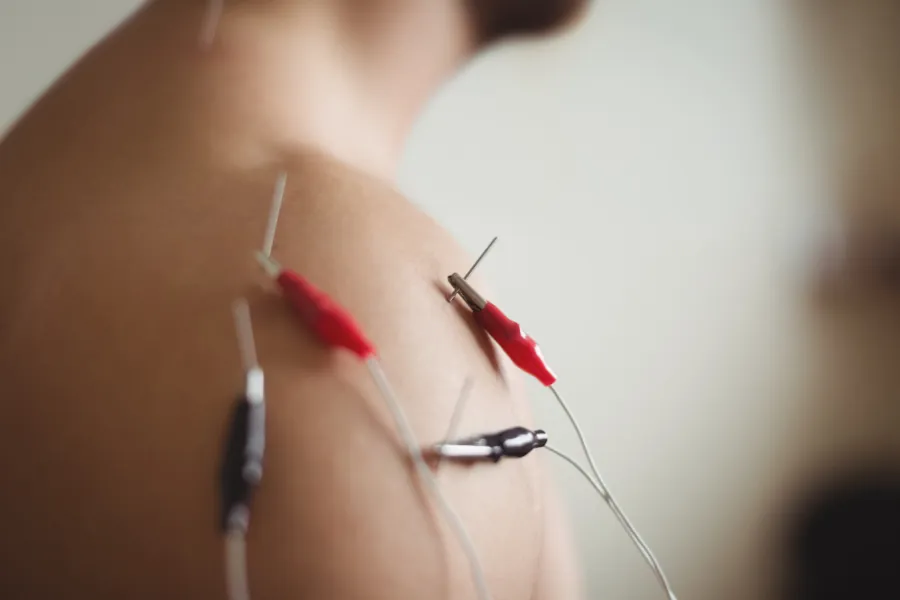
Why I should quit smoking – What are the benefits of quitting smoking?
Quitting smoking begins the journey to a new life free from constant dependence, coughing and lung cancer.
Quitting smoking is a gift of a lifetime. A decision that improves your life and the lives of your loved ones in the short and long term in all respects.
Protect your body, your family, your friends, the environment!
